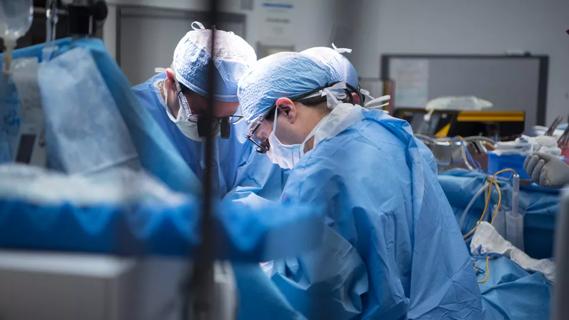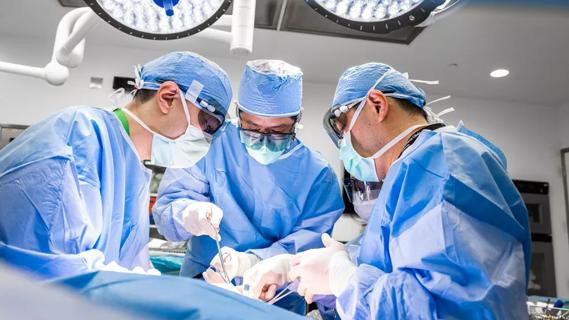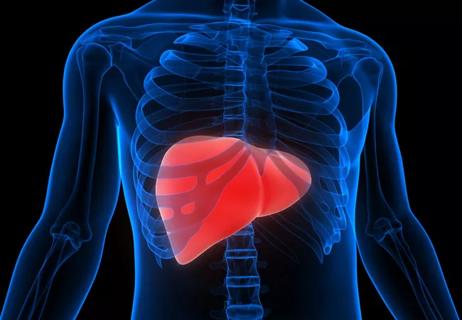Viewpoints from Steven Wexner, MD, PhD (Hon)

A quick and easy way to share information about the latest colorectal research trials? I’m hoping the newly established #CRStrials fills that need.
Advertisement
Cleveland Clinic is a non-profit academic medical center. Advertising on our site helps support our mission. We do not endorse non-Cleveland Clinic products or services. Policy
The reason I came up with this Twitter account was to fill a gap. Colorectal surgeon Richard Brady in the UK started Colorectalsurgery to unite colorectal surgeons in clinical practice. He then started #ColorectalResearch to help disseminate recent research results. I thought of #CRStrials to network people participating in research before the research starts and while it’s underway.
#CRStrials has three main purposes:
To help accrue patients. When you’re starting a trial, you may overestimate the number of potentially eligible patients. This new innovative unique resource can help clinicians disseminate news of their participation in trials to help increase accrual.
To inform patients about trials. Whether a patient has ulcerative colitis or morbid obesity, many of them want to find out what’s the latest out there besides standard treatments. While there’s always clinicaltrials.gov, you really have to know what you’re looking for and it’s a bit cumbersome. #CRStrials will simply advertise high-level details, obviously continuously respecting HIPAA-compliance and study sponsor confidentiality.
To help industry. This resource can also help those who are looking to sponsor any colorectal-related research trials.
Thanks to Debby Keller, of Columbia University and University College London, we’ve gotten #CRStrials up and running and I’m enjoying serving in an advisory role. My appreciation as well to Emre Gorgun, MD, one of the colorectal surgeons who I asked to join the founding advisory group.
Advertisement
Our first tweet chat in January was well received by over 1,800 impressions and accordingly we’re hosting a second on Feb. 1, featuring myself, Dr. Keller, Dr. Karen Zaghiyan, and special guest Dr. Kat Baker.
Future chats will feature specific clinical trials.
So far, the response has been tremendous. If it goes well, we can expand it beyond colorectal surgery to other surgical areas and potentially beyond to medical specialties.
Advertisement
Advertisement

Strong patient communication can help clinicians choose the best treatment option

ctDNA should be incorporated into care to help stratify risk pre-operatively and for post-operative surveillance

The importance of raising awareness and taking steps to mitigate these occurrences

New research indicates feasibility and helps identify which patients could benefit

Treating a patient after a complicated hernia repair led to surgical complications and chronic pain

Standardized and collaborative care improves liver transplantations

Fewer incisions and more control for surgeons

Caregiver collaboration and patient education remain critical